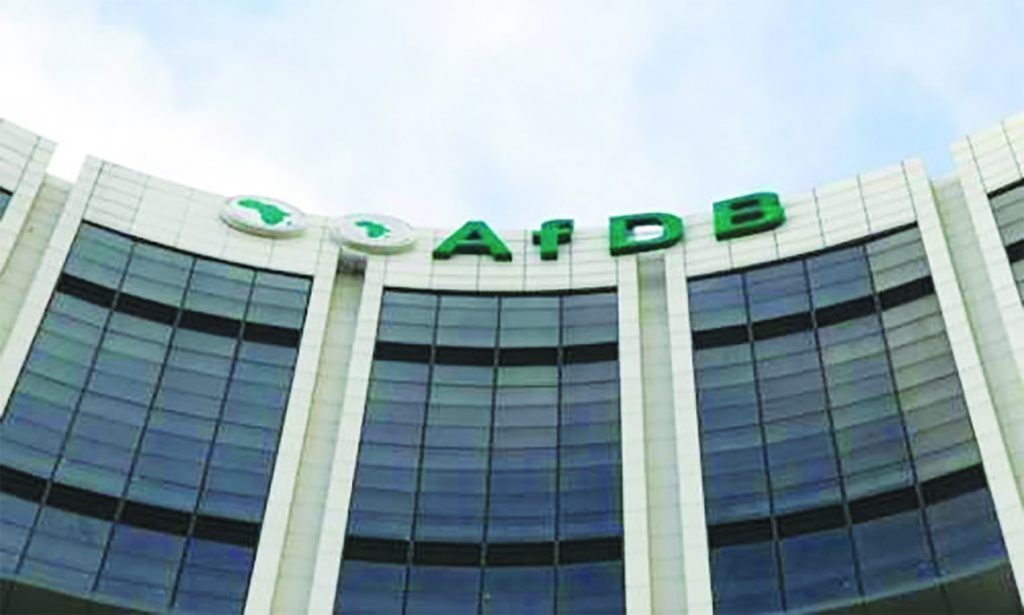Nigeria’s pursuit of sustainable development is hampered by persistent governance challenges, despite recent economic reforms. The 2025 Nigeria Country Focus Report, released by the African Development Bank, highlights the nation’s struggle to effectively mobilize and utilize domestic resources for development. Fragmented regulatory oversight, overlapping institutional mandates, and a lack of coordination among government bodies erode public trust and deter both domestic and foreign investment. Corruption further exacerbates these issues, widening the development finance gap and hindering economic transformation. Addressing these governance deficiencies necessitates a comprehensive overhaul, encompassing streamlined administrative processes, robust anti-corruption measures, development of digital infrastructure, and strengthened rule of law. While Nigeria has embarked on significant policy reforms, including fuel subsidy removal, exchange rate unification, and tax restructuring, their effectiveness hinges on the presence of strong institutions and governance frameworks.
The report underscores the significant development finance gap facing Nigeria. Estimated at $31.5 billion annually, this gap represents the shortfall in funding needed to achieve the Sustainable Development Goals by 2030. Despite some gains from recent tax reforms, Nigeria’s tax-to-GDP ratio remains among the lowest in the region, hovering around 13%. This low ratio is attributed to a large informal economy, weak tax compliance, and inefficiencies in public finance administration. Compounding the financial challenges, Nigeria’s natural capital, which constitutes over 37% of its total capital wealth, is rapidly depleting. Since 1999, per capita natural capital has declined at an average annual rate of 2.1%. Simultaneously, underinvestment in human capital development, reflected in a low Human Capital Index of 36%, further constrains long-term productivity growth.
The inadequate budgetary allocation to education (7.9% of the 2024 budget) and health (5.3%) underscores the need for increased public investment in these critical sectors. The report advocates for curriculum reforms aligned with market demands and improvements in technical and vocational training systems to enhance productivity and address inequality. Strengthening domestic resource mobilization through improved tax compliance, transparent public fund management, and robust institutions is crucial for sustainable development financing. Exploring innovative financing mechanisms, such as diaspora bonds, blended finance, and green bonds, offers potential avenues for bridging the financing gap. Developing Nigeria’s emerging carbon market, with its potential to generate up to $2 billion in new revenue, presents another opportunity, provided it is effectively governed.
The African Development Bank’s report projects a moderation in Nigeria’s real GDP growth to 3.2% in 2025 and 3.1% in 2026, down from 3.4% in 2024. This slowdown is attributed to persistent structural bottlenecks and heightened global uncertainty. The report emphasizes the interconnectedness of various forms of capital – financial, human, natural, and institutional – and the need for integrated strategies to leverage these assets for inclusive and sustainable transformation. The report’s findings resonate with both government officials and private sector stakeholders. The Federal Inland Revenue Service acknowledges the report’s accurate portrayal of Nigeria’s progress and challenges in fiscal and tax reforms.
Experts emphasize the importance of credible institutions and sound macroeconomic discipline for the effectiveness of policy instruments, such as market-based exchange rate systems. Strengthening non-oil revenue and improving public financial management are identified as key priorities to reduce dependence on volatile oil markets and create fiscal space for investments in human capital and infrastructure. Concerns over price stability and its impact on businesses, particularly micro and medium-sized enterprises, highlight the need for a productivity-led deflation strategy focused on sustainable economic expansion rather than reliance on borrowing.
The 2025 Nigeria Country Focus Report serves as a valuable tool for policy dialogue, development planning, and reform implementation. Its evidence-based insights, tailored to national priorities, contribute to a deeper understanding of Nigeria’s development challenges and opportunities. By highlighting the critical role of governance, institutional strengthening, and strategic resource mobilization, the report provides a roadmap for Nigeria to unlock its development potential and achieve sustainable and inclusive growth. The emphasis on integrated strategies that leverage all forms of capital underscores the need for a holistic approach to development, ensuring that economic reforms are complemented by robust governance frameworks and investments in human and natural capital.














